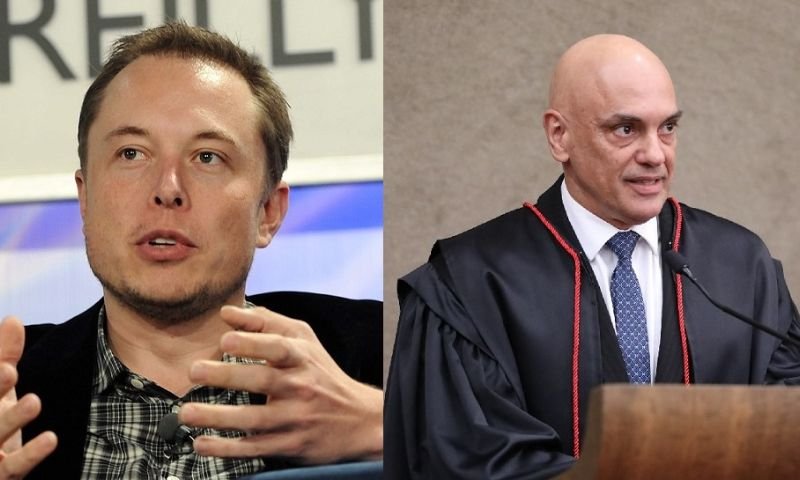Elon Musk, the CEO of X (formerly Twitter), has publicly criticized a Brazilian judge who threatened to suspend the social media platform in Brazil. The judge’s threat came in response to X’s alleged failure to comply with local regulations regarding the removal of misinformation and harmful content. Musk, known for his outspoken nature, did not hold back in expressing his disapproval of what he perceives as an overreach of judicial power.
The controversy began when the Brazilian government took issue with certain content on X that it deemed to be in violation of the country’s laws. In response, the judge issued a stern warning, threatening to block access to the platform nationwide if it did not take swift action to remove the offending material. Musk, who has long advocated for free speech on social media, responded by accusing the judge of attempting to censor the platform and stifle open dialogue.
Musk’s reaction has sparked a broader debate about the balance between free speech and the regulation of online content, particularly in countries with strict laws governing misinformation. Supporters of Musk argue that the judge’s actions represent an infringement on freedom of expression, while critics contend that platforms like X have a responsibility to adhere to local laws and prevent the spread of harmful information.
From an SEO perspective, keywords such as “Elon Musk Brazil judge,” “X social media suspension,” and “Musk free speech controversy” are highly relevant and likely to generate interest from tech enthusiasts and those following international legal battles.
Elon Musk’s clash with the Brazilian judiciary over the potential suspension of X in Brazil underscores the ongoing tension between global tech companies and local governments. This dispute highlights the challenges of balancing free speech with the enforcement of national laws, a dilemma that continues to shape the future of social media.











